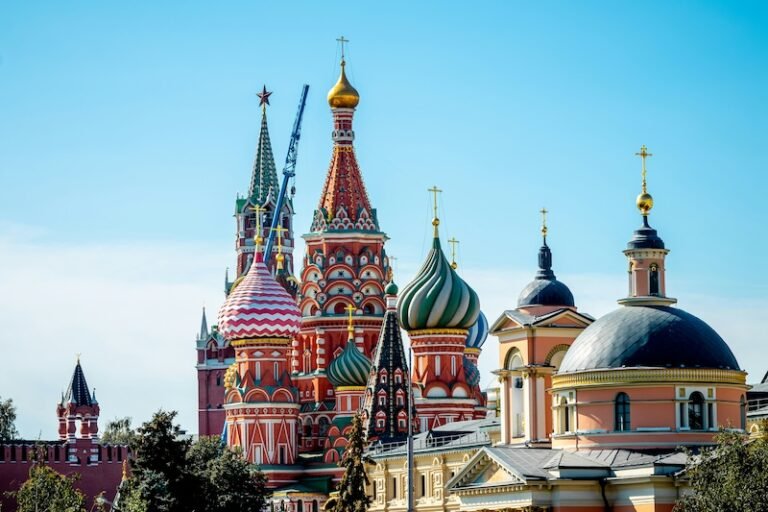
Your Sanctions & Export Controls Toolbox

Your Sanctions & Export Controls Toolbox

Developments sanctions Russia
The European Union (EU) recently announced its 13th sanctions package against Russia. This coincides with the war that has been waged on the territory of Ukraine for two years now. In addition to this package, there are many relevant developments discussed in this article.
13th European Union sanctions package
This 13th package focuses on individuals and organizations involved in military or cyber warfare in Russia or foreign companies that contribute to it. Sanctions against individuals and organizations involved in the abduction of Ukrainian children are also a relevant component.
The European Union is also imposing export restrictions on 27 companies that circumvent sanctions, including 11 outside Russia. The remaining companies are located in China, India, Kazakhstan, Thailand, Turkey, Serbia and Sri Lanka.
There will be more restrictions in the EU on the export of goods that can contribute to the Russian military industry. The list of goods now includes components for the development and production of drones, such as transformers, static converters and aluminum capacitors, among others.
The United Kingdom is also now a partner country, along with Norway and Switzerland, on an import ban on iron and steel coming from Russia. Note that this import ban is checked for all imports to the Union, with the importer having to prove (via a mill certificate) that the origin is not Russia.
Full EU sanctions against Russia
The 13th package should not be separated from the sanctions already in place since the 2014 annexation of Crimea. Moreover, sanctions related to the war in Ukraine have been imposed by Russia against both Belarus and Iran for their contributions.
The sanctions have now been imposed on 1,718 individuals and 419 entities, including Vladimir Putin, Roman Abramovich and many well-known companies in Russia, including those in the banking, defense, aviation, telecom, IT, media and commodities sectors.
The sanctions target the financial sector (e.g., swift ban), energy (e.g., oil and coal), transportation (e.g., airspace closure), defense (e.g., electronic and optical components), raw materials (e.g., iron and steel), services (e.g., software) and media restriction (e.g., Sputnik and Russia Today). These measures mean significant restrictions for European parties in doing business with Russia (both imports and exports), as well as in doing business with other countries. Consider the transit bans in place, preventing circumvention through other countries and the “no Russia clause,” which is now a requirement for all companies regardless of whether you do business with Russia or not (Article 12g). The deadline for implementing all new contracts is set for Dec. 19, 2023, with an implementation date of March 20, 2024.
For more details: https://www.consilium.europa.eu/nl/policies/sanctions/restrictive-measures-against-russia-over-ukraine/history-restrictive-measures-against-russia-over-ukraine/
Guidance on Article 12g (No Russia Clause): https://finance.ec.europa.eu/document/download/7f54341b-2bf1-4142-b5d4-b1b09c93d03e_en?filename=faqs-sanctions-russia-no-re-export_en.pdf
Frozen balances
Interestingly, the Council also decided that the proceeds of frozen assets should be kept separate. This allows the Council to decide to use these profits to support Ukraine. We see this development not only in the European Union, but also with partners, which will be a very far-reaching and special development.
For more details: https://www.consilium.europa.eu/nl/press/press-releases/2024/02/12/immobilised-russian-assets-council-decides-to-set-aside-extraordinary-revenues/
Joint statement
On Feb. 20, FINTRAC (Canada), FIU DE (Germany) and FIU-NL (Netherlands) shared a joint statement on the illegal procurement of dual-use goods by Russian end-users. The joint advisory is intended primarily for entities reporting under the anti-money laundering (AML) regime, but is now also being used to provide additional guidance on reporting suspicious transactions and conducting due diligence. This will result in the banking industry in particular examining your transactions in more detail and having to report them. It is important for companies to make sure they are operating according to all sanctions.
For more details: https://www.fiu-nederland.nl/knowledge_base/fiu-kennis-update-illegale-aankoop-van-dual-use-goederen/
Other developments
Several countries have introduced new sanctions in response to the two-year war in Ukraine and the death of Alexei Navalny on Feb. 16. This includes the United States, which added more than 500 new individuals and entities to the SDN list. These measures partially target parties outside Russia. In addition, the BIS added about 100 parties to the entity list and updated the “common high priority items” list in cooperation with the EU, the UK and Japan, among others. The UK, Australia and Canada have also recently expanded their sanctions further in response to the war and the death of Navalny.
Conclusion
Clearly, whether you do business directly with Russia or not, the sanctions against Russia are very complex. They affect various industries and businesses around the world and require thorough understanding and precise compliance. Staying up-to-date with ever-changing regulations and ensuring that your business remains compliant is critical. Trade Controls Compliance is here to support you in this challenge. We can help you stay in compliance so you can continue to do business responsibly and legally.
Help
Do you need support in the field of export, sanctions policy and are you looking for a compliance project manager or would you like to have a compliance baseline measurement, contact us for the toolbox of support Trade Controls Compliance offers you.
Trade control compliance contact form
Your sanctions and export controls toolbox
If you have questions about our services or are interested, please contact us using our contact form. Our Trade Controls Compliance contact form allows you to leave your information with us, and we will contact you. If desired, you can already provide more details about your export control, supply chain security or trade compliance problem.
We treat your information carefully in accordance with privacy laws and strive to respond to your message within two business days.
Thank you for your interest in Trade Controls Compliance.
Of course, you can also contact us through our Trade Controls Compliance LinkedIn page or directly with Robert van de Ruit.